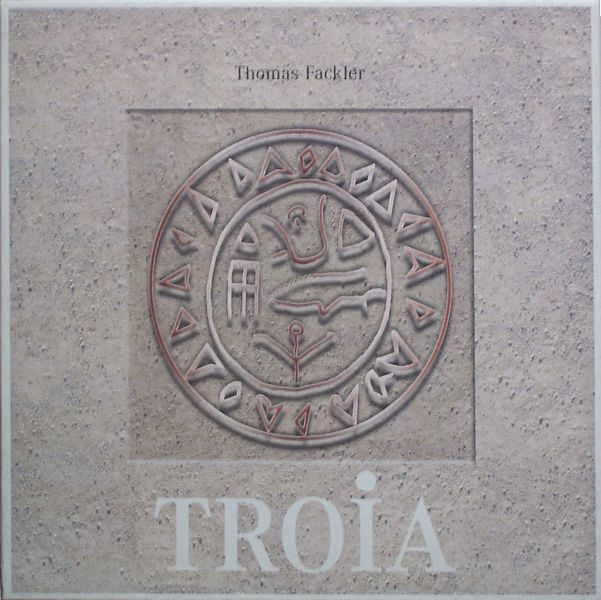Troia (2000) Board Game
Troia is a board game released in 2000 by designer Thomas Fackler and published by AMIGO. The game is set in ancient times, focusing on building civilizations and solving puzzles. With a runtime of 60 minutes and suitable for players aged 9 and above, Troia offers a unique gameplay experience that combines strategy and tile placement mechanics.
Game Components of Troia
How To Setup Troia
To set up Troia, a big stockpile of terrain pieces is formed in a fairly random manner, with older pieces placed in the lower levels and newer ones in the upper levels. This mimics the real archaeological layers found at Troy.
Gameplay Mechanics and Game Objective
Player Experience
In Troia, players engage in a simulation of real archaeological digging, navigating through different layers of Troy to uncover and publish their findings. The game is praised for its easy rules and realistic simulation, making it enjoyable for those interested in archaeology and competitive gameplay.
Pros
Cons
Personal Thoughts on Troia
Troia is ideal for players who enjoy competitive games with a strong thematic focus on archaeology and history. It is particularly suited for those who appreciate a game that balances simplicity with depth and educational value. However, it may not be the best fit for players seeking high levels of player interaction or fast-paced action.
We are supported by our audience. When you purchase through links on our site, we may earn an affiliate commission, at no extra cost for you. Learn more.

